Interview with our Junior Past President, Mariusz Malinowski
As Prof. Malinowski well says, “It’s nice to be important, but more important to be nice”. During this interview, we had the chance to get to know him a bit more, professionally and personally, and realized that Mariusz is both important and nice!
Meet our Junior past President, passionate about the future of electro technique, but also about its past…
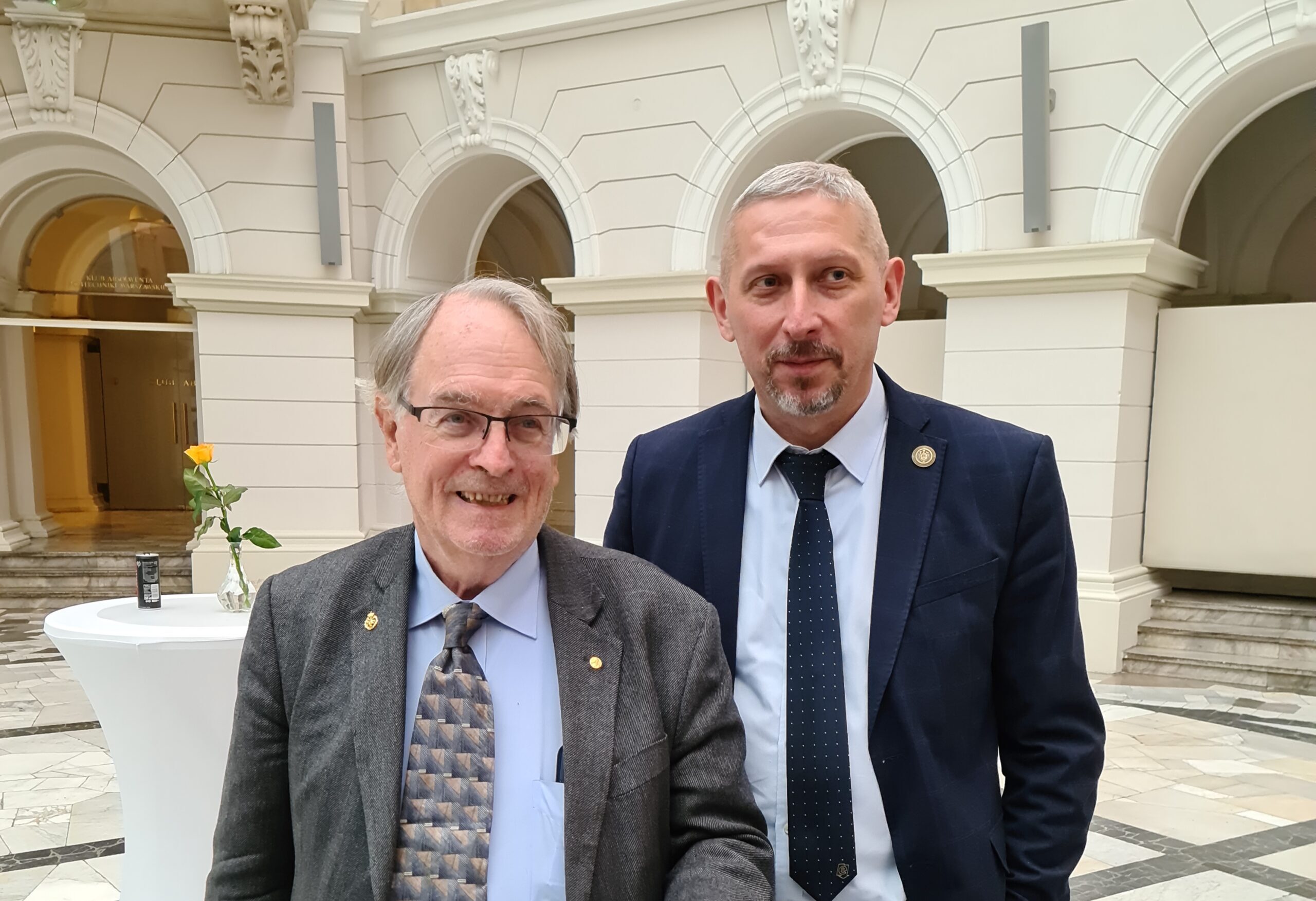
ITeN team: Dear professor Malinowski, thanks a lot for being with us today, can you tell us about the highlights of your career?
When I was a student I had the chance to do my PhD under the supervision of Professor Marian P. Kazmierkowski, who was a recognized professor in the field of power electronics and drives. Our discussions and our teamwork were a key determinant for me.
The second important point in my scientific career was the opportunity to collaborate, as a scholar or as a visiting professor, with very good scientists around the world.
My first visit was in 1999 at Aalborg University with Frede Blaabjerg. Then I moved to the Nevada University in Reno where I had the opportunity to work with Professor Andrzej Trzynadlowski.
In 2004 I made my postdoc in TU Berlin with Professor Steffen Bernet. I also had the chance to spend a few months at ETH Zurich with Professor Kolar in 2010. Then working with Professor Jose Rodriguez and his team in Chile was a big boost in my career. Finally, in 2024 it will be the 20th year of collaboration with our colleagues from Tallinn!
I feel lucky that the scientific people around me have always been very professional, working hard in a friendly atmosphere.
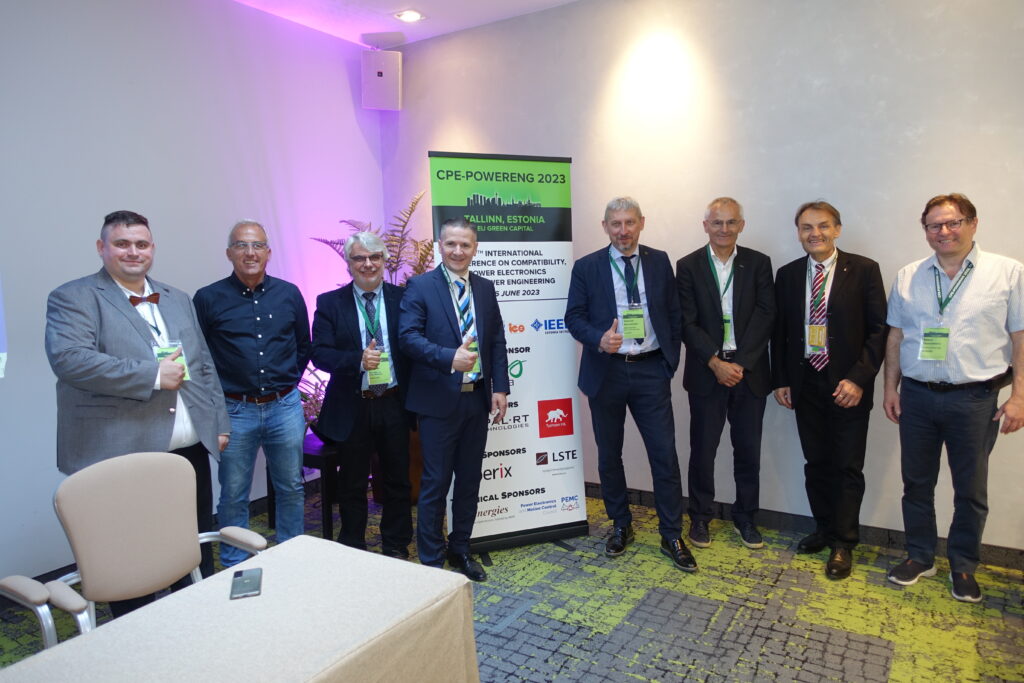
Third and last point, working with IES was very, very important.
I started as a volunteer in 2004 in Berlin, where I organized the IES AdCom for the first time, along with the activities in Poland section.
I first heard of IEEE because my supervisor Marian P. Kazmierkowski was active in the IEEE Industrial Electronics Society. He was the Vice President for Publications at that time, and I followed his path. He was a very good teacher, as a scientist, but also as a human.
Not only are we teaching our students the excellence in science, but we also show them how to be human beings, how we should treat people. The sentence of my life is “It’s nice to be important, but more important to be nice.”
ITeN team: In January 2024, you ended your term as President of IES, can you tell us about those last two years?
President is a high responsibility; this is also a very nice lesson.
In IES, people come from different continents, different cultural backgrounds, but they also have different carrier levels: students, young researchers, professors, and some are famous researchers.
Learning how to manage such an interesting group of people, means to eliminate tensions, which can happen frequently. Even university Presidents or Directors won’t develop that skill, because they are surrounded by very clever people too, but mainly from a same culture.
Of course in practical terms it was a time demanding position. There is more than what people see, like the President’s report at AdCom twice a year. There are many decisions which belong only to the President. In fact, almost every day you have a meeting, or a couple of emails that demand concrete actions. It needs patience of the family because of the uncounted number of meetings during the day and during the night. But this is a unique opportunity to learn.
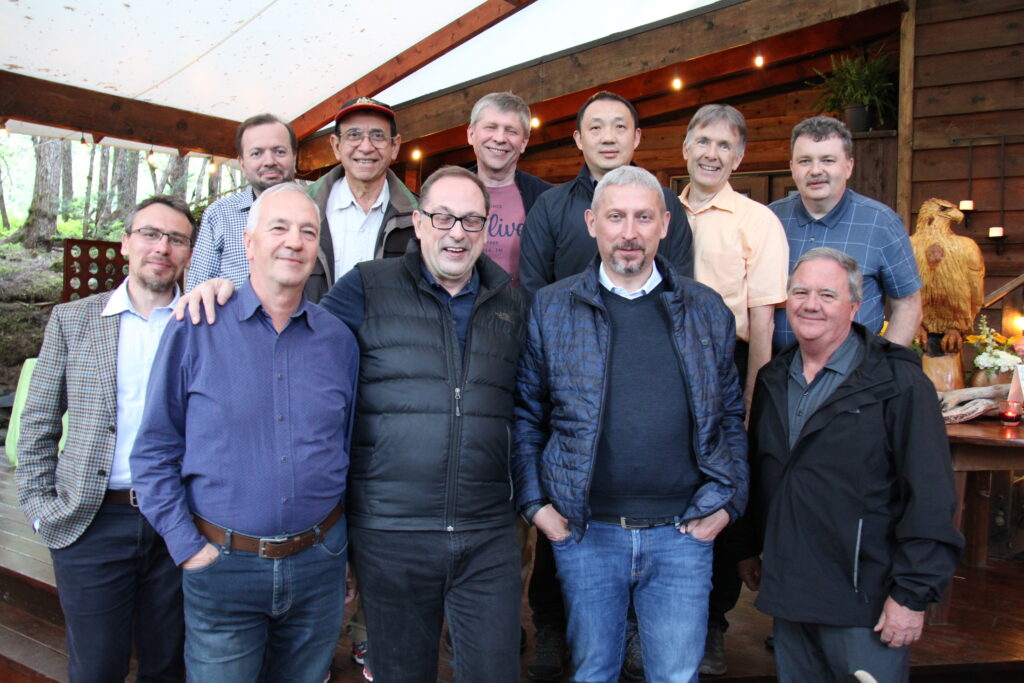
ITeN team: And what is your mission now as past junior President?
At the behest of the current IES President, Milos Manic, and the Administrative Committee, I’m going to use this amazing experience I collected the past two years to help the IES society.
During the many meetings with sister societies and during the Division VI meetings, I had the chance to meet past and current presidents from other societies. It was very important to make friends with those people and today I can use my experience, my knowledge, my network connections to work for our society.
Of course, everything I do is directly related to the AdCom and the current president, who is responsible for the society.
ITeN team: Which advice(s) would you give to boost our young reader’s career?
There are a lot of opportunities for people in IEEE, the only condition is to be active. Therefore my advice is that if you get involved in some activities, be involved 100%. Otherwise you’re losing your time.
We do the same in our research, if we decide to write some of the proposals, this proposal needs to be perfect; otherwise we won’t be successful.
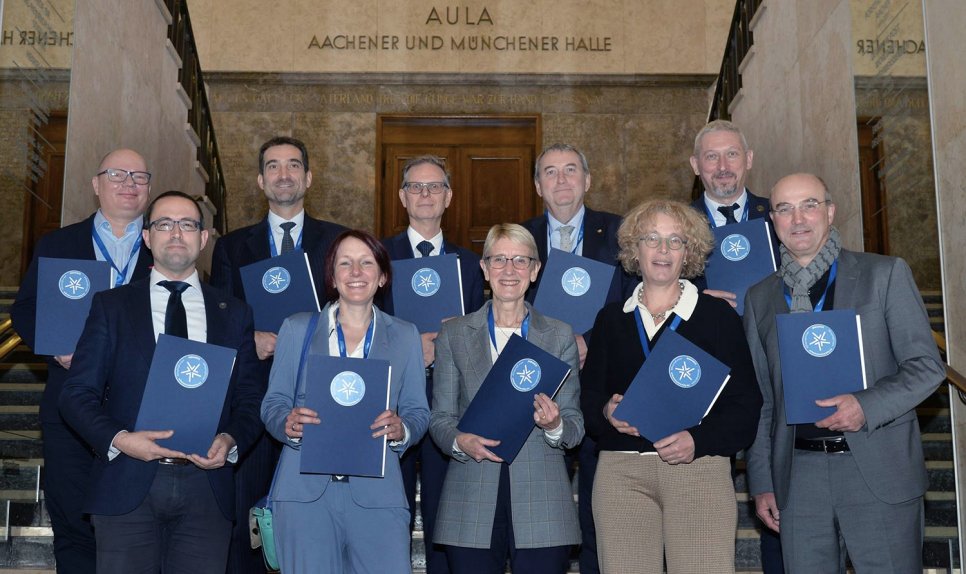
Of course, it is also important to combine your involvement in IES with a full dedication in your research. Because, we cannot only be IEEE volunteers, we also have our daily work to do.
The second important thing to be aware of, is that we are nothing alone.
My teacher Professor Marian P. Kazmierkowski, said many years ago that there are three skills needed to be successful: First, you need the languages, second, the ability to learn – even alone if necessary, and third, collaboration. We can only succeed if we collaborate with others instead of working alone in the lab.
Without this international collaboration with many researchers with many labs, I would be in a completely different place.
Thanks to those collaborations, I had the opportunity to learn the best from each university, from each person. And maybe I’m not as good in implementing as they are, but I did my best to learn from them.
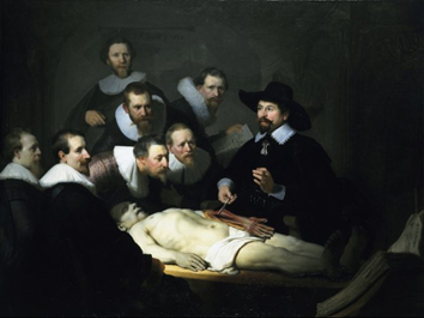

My third advice to the young generation is to observe around you, especially the people. Not observe only Tik Tok and other platforms! You can learn much more from the people, from their behaviour, or from how they are working, how they are organized, how they are responsible.
ITeN team: Let’s switch to a more personal question, what do you do when you are not at work?
I like hiking in the mountains. Here in Poland there are mountains called Tatra, that form a natural border with Slovakia. I almost went through all the Polish side, and now I’m doing the same in Slovakia.
And I like very much to travel around the world and see different countries.
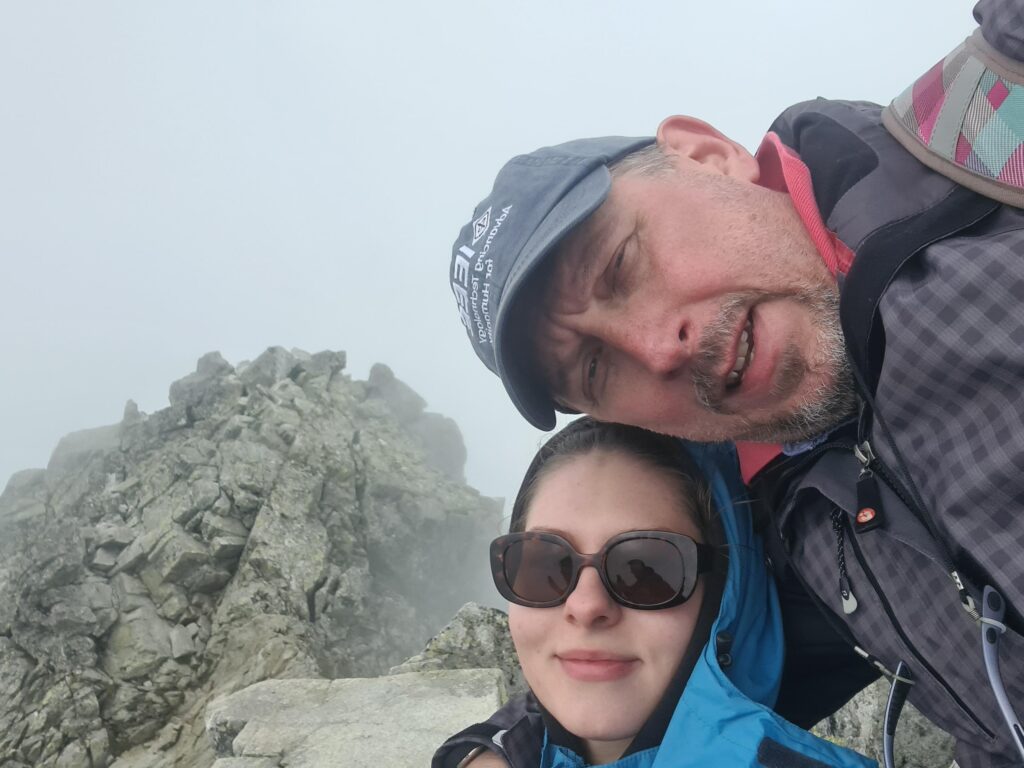
One of my hobbies is the history of electro technique.
In 2017, together with a colleague, we organized a historical exhibition at Elektrownia Museum in Radom, about the first power plant in Poland. What is now a Modern Art museum was originally the building where the first power plant in Poland was built. The exhibition was very successful, a lot of people visited this place. (Report of the exhibition: https://www.youtube.com/watch?v=6Ng5xk3Bumo&t=1112s – 27min – in Polish)
It took us two years to prepare this historical exhibition. We found some over 100-year-old electrical artifacts to present. I read the documentation, and I built an exact original size replica of the switchboard, using the original elements of this power station.
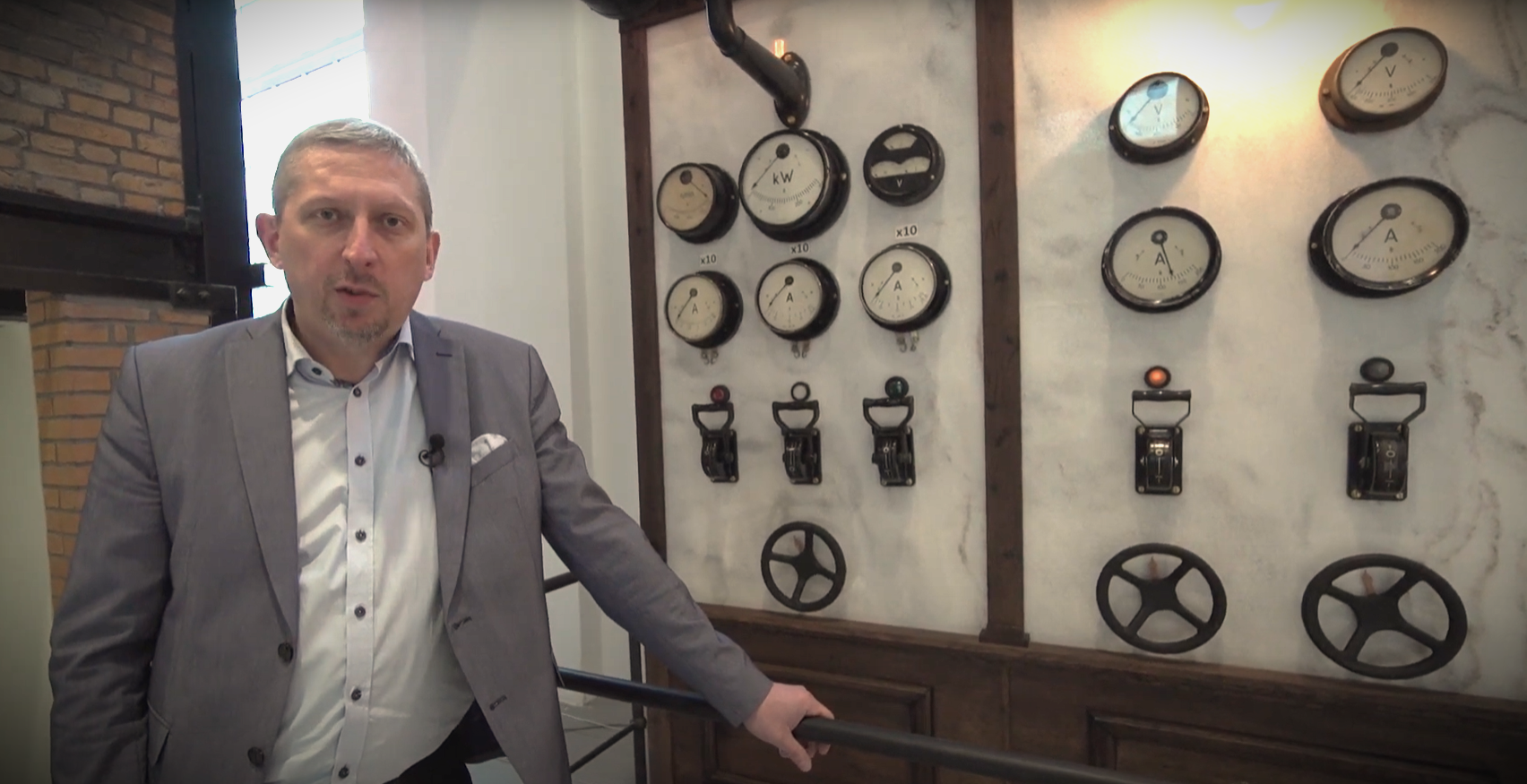
In Poland we have two IEEE milestones. And because of my hobby in history of electro techniques, I was involved in organizing both the IEEE milestones in 2014 and 2019.
The first milestone was for the three Polish mathematicians who broke the Enigma code during the Second World War. It was a significant achievement in science. Specialists said that their work made the war at least one year shorter. This milestone is very close to my university.
The second milestone I organized was for the Czochralski Process. In 1916, Prof. Jan Czochralski invented a method of crystal growth used to obtain single crystals of semiconductors, metals, salts, and synthetic gemstones. The Czochralski process enabled development of electronic semiconductor devices and modern electronics. My university, the Warsaw University of Technology was where he developed his process further. All the silicon crystals produced today are still based on his method.
But note that history of electro technique is only my hobby… My research is based on more modern things!
ITeN team: We would like to thank Prof. Mariusz Malinowski for sharing his experience and sense of humor with us.
Stay tuned, we will soon interview other IES officers…

